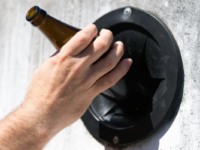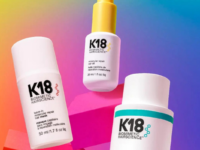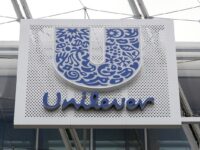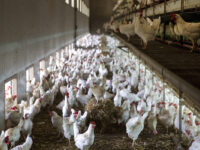
Personal care giant Unilever will invest €1 billion in a new Climate & Nature Fund and is targeting net zero emissions from all its products by 2039 to fight climate change and help preserve the environment for future generations.
The investment in the Climate & Nature Fund will be used for the next 10 years on projects such as landscape restoration, reforestation, carbon sequestration, wildlife protection and water preservation.
It will also support projects through its brands such as Ben & Jerry’s ongoing initiative to reduce GHG emissions from dairy farms; Seventh Generation advocacy around clean energy and Knorr’s work to support farmers to grow sustainable food.
“While the world is dealing with the devastating effects of the COVID-19 pandemic, and grappling with serious issues of inequality, we can’t let ourselves forget that the climate crisis is still a threat to all of us. Climate change, nature degradation, biodiversity decline, water scarcity – all these issues are interconnected, and we must address them all simultaneously,” Alan Jope, Unilever CEO, explained.
“In doing so, we must also recognise that the climate crisis is not only an environmental emergency; it also has a terrible impact on lives and livelihoods. We, therefore, have a responsibility to help tackle the crisis: as a business, and through direct action by our brands.”
Unilever’s pledge to reach zero emissions on its products covers the sourcing of materials to the point of sale.
The consumer goods giant is also introducing a pioneering Regenerative Agriculture Code for suppliers, implementing a water stewardship programmes for local communities in 100 locations by 2030, and aims to achieve a deforestation-free supply chain by 2023.
Its new environmental goal is 11 years ahead of the 2050 Paris Agreement deadline.
“The planet is in crisis, and we must take decisive action to stop the damage, and to restore its health. Last year, we set out a plan to tackle perhaps the most visible environmental issue we have in the consumer goods industry: plastic packaging. We set ourselves new and stretching targets that include halving our use of virgin plastic, and helping collect and process more plastic packaging than we sell,” said Jope.
“The Coronavirus outbreak is a stark reminder of the fragility of our economic system. The ongoing climate crisis is another clear threat to our shared stability, and its impacts are just as complex and challenging to mitigate. Businesses and governments across Australia have demonstrated their ability and willingness to step up at this critical moment and pull together to protect our communities. We need to continue working together to tackle the impacts of the Coronavirus, whilst also setting our economy on a course to a more resilient, zero-carbon future that leaves no-one behind,” Nicky Sparshott, CEO of Unilever Australia and New Zealand said.
Unilever Australia partnered with animal group, WWF Australia, to urge leaders to make Australia the world’s leading exporter of renewable energy by 2030. The company’s Australian renewable export COVID-19 recovery package showed that for every dollar of stimulus spent on clean projects, it generates almost triple as many jobs per dollar.
“As our Government prepares to unleash some of the biggest stimulus packages Australia has ever seen, there is an incredible opportunity to use this moment of crisis and renewal to galvanise a more sustainable and future facing economy. Beyond short-term emergency measures, long-term economic stimulus packages must put climate action at their core and build a better future – one that ensures clean air, more jobs and a healthy, safe environment,” Nicky Sparshott, CEO of Unilever Australia and New Zealand said.
Unilever Australia also initiated a five-year Power Purchase Agreement (PPA) with energy retailer Red Energy, which directly supports a number of wind and solar farms across NSW, Victoria & South Australia.
















